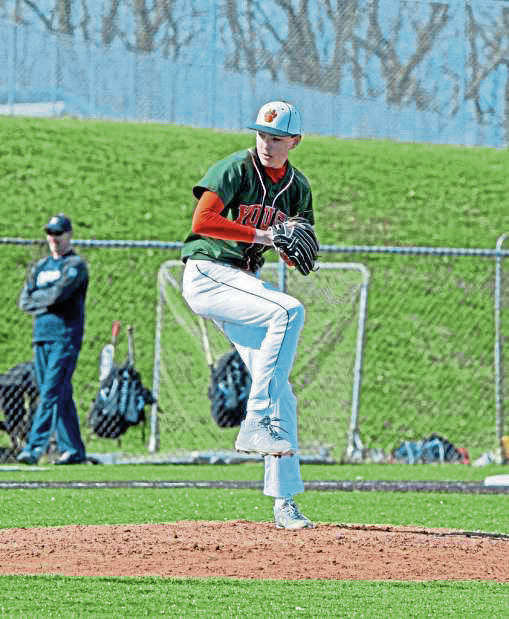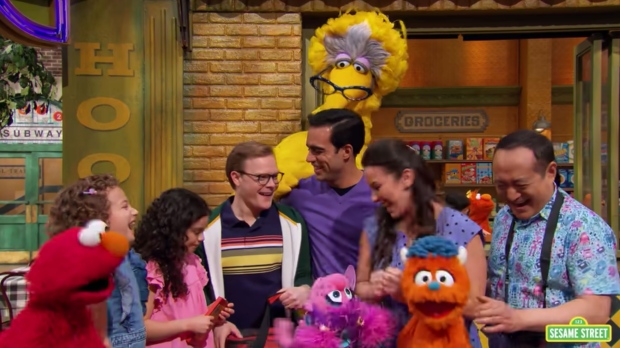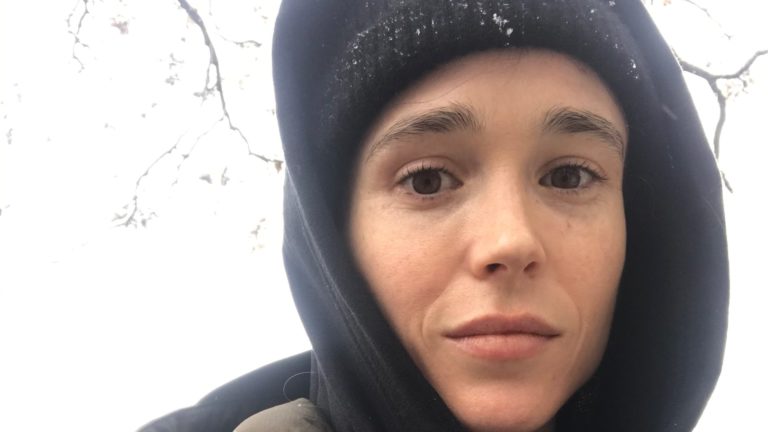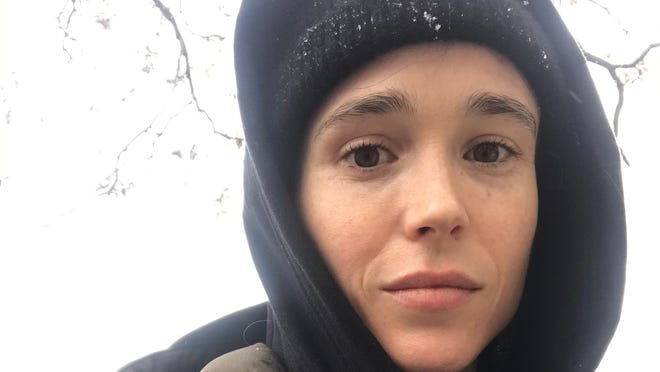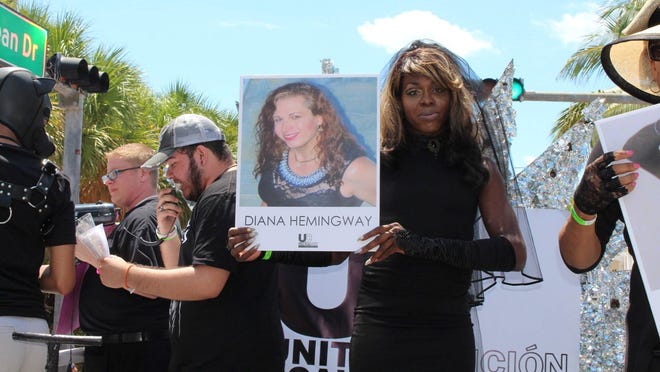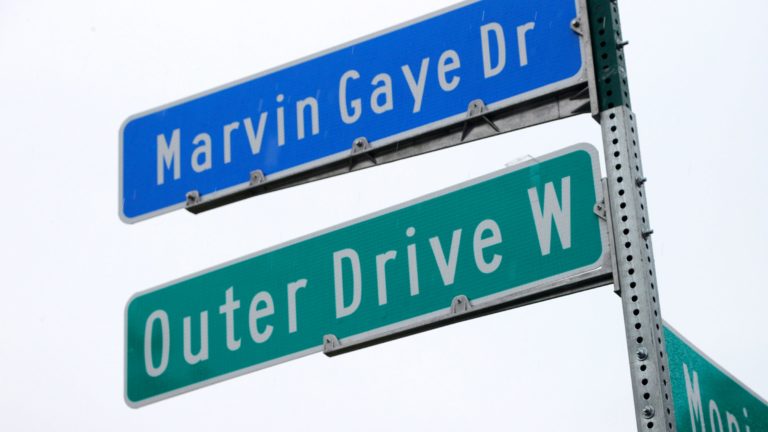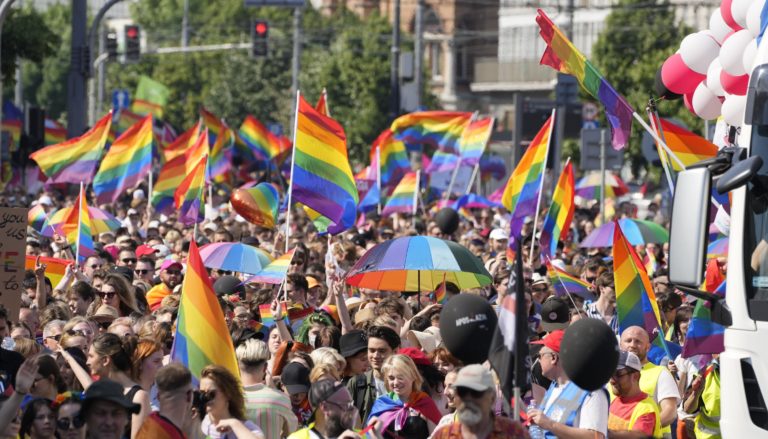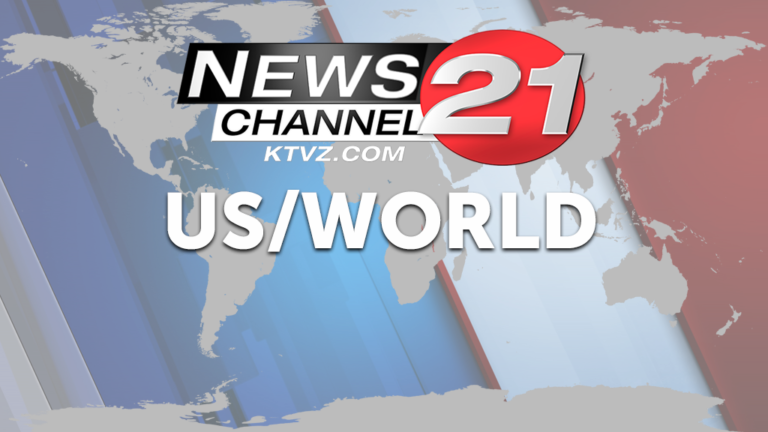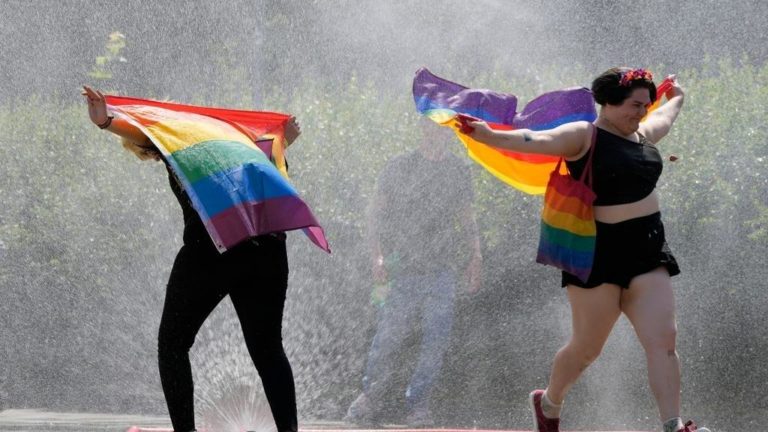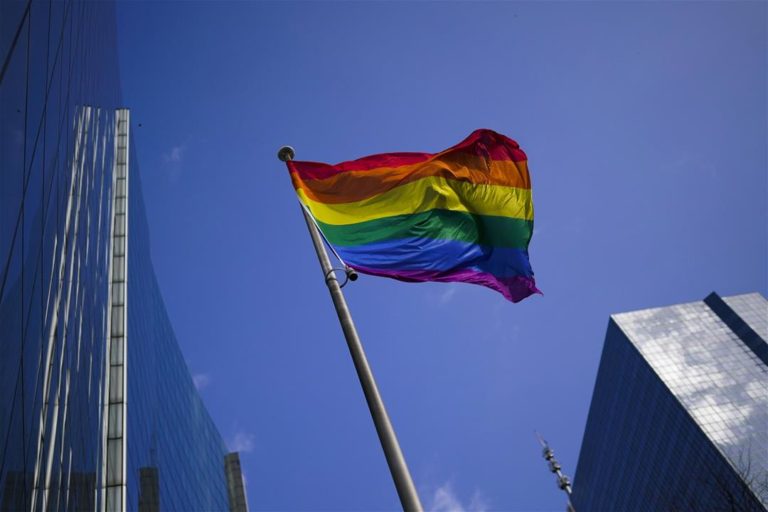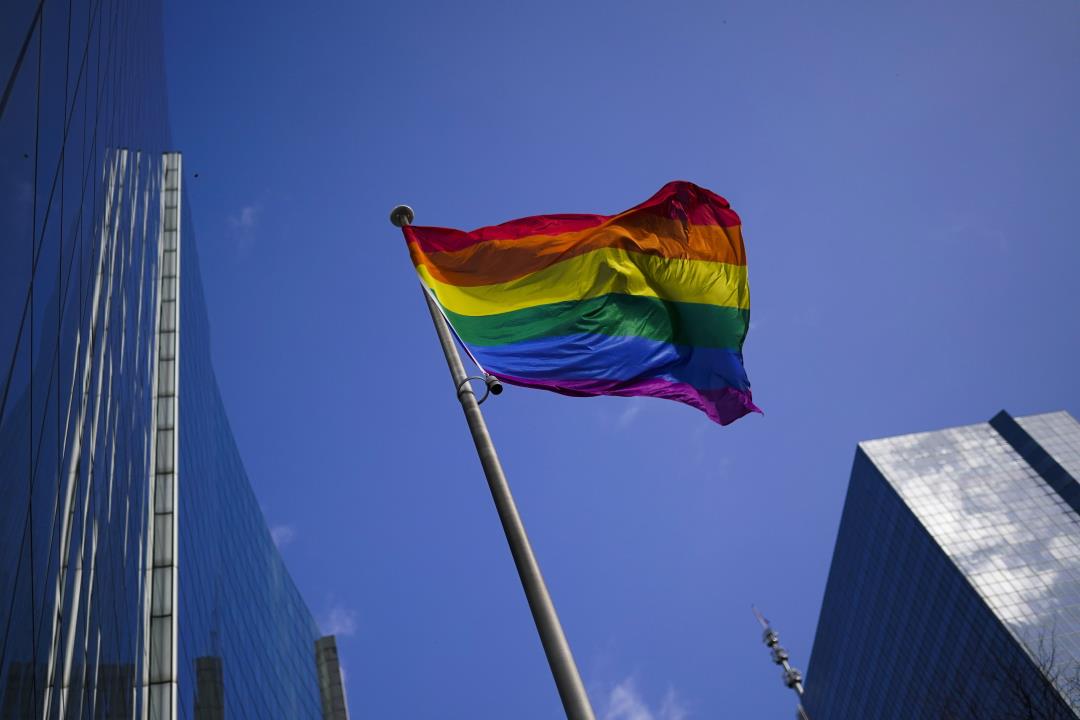The NCAA transfer portal has been a happening place for college athletes from Westmoreland County.
A number of area names have popped up in the portal, which essentially is a free agent pool for players looking to start over and latch on with a new program.
Colleges can see the names and begin recruiting those athletes, the whole come-to-us process starting again.
Some familiar names on the path to new programs include Yough grad Jarett Bach (baseball), John Gay IV out of Penn-Trafford (football), softball pitchers Carolyn Alincic (Mt. Pleasant) and Maddie Uschock (Hempfield), and Norwin football players Anthony DelleFemine, Jayvon Thrift and Pedro Schmidt.
Bach was hoping to work his way into the pitching rotation at Pitt, but the Yough grad has been slowed by an injury and opted to leave Oakland.
A 6-foot-4 left-hander, he did not pitch this season after one appearance out of the bullpen in 2020.
“I’m just looking for a fresh start somewhere else,” Bach said. “Right now, I’m just focused on my rehab and getting back to 100% before I make a decision about where I want to go.”
Bach was diagnosed with thoracic outlet syndrome, a condition where disorders can occur when blood vessels or nerves in the space between the collarbone and first rib are compressed. It can cause pain in the shoulders and neck as well as numbness in fingers.
“It’s kind of an uncommon thing, but it is becoming more common in pitchers,” Bach said. “I was dealing with it for a while, and I didn’t know what it was but we finally got it diagnosed a couple months ago and I got surgery for it, so I should be able to make a full recovery.”
Rehabilitation likely will cost Bach a summer of baseball. He won’t be able to throw again for a couple of months, he said.
Gay, a running back, is leaving Lafayette after two seasons as he seeks more playing time and an elevated role.
The junior, who began his career at Air Force, was an All-Patriot League Second Team pick in the spring as a kick returner. He returned five kickoffs for 108 yards and also blocked a punt.
Gay has aspirations to play beyond college.
“I think when it came down to it, I loved my time at Lafayette,” Gay said. “I’m very appreciative of all the coaches, it just was not the right fit for me. All I’m looking for is a school that is the perfect fit and wants to give me a fair opportunity. Along with that, the NFL is still a very real opportunity, and I need a place that wants to get guys to the professional level.”
Gay had only seven carries in two games after rushing for 216 yards and two touchdowns in 2019. He also caught a touchdown pass. His motivation is playing for his father, John, who died in March at age 58. John Gay III was a star football player at Gateway and West Virginia and had a short stint in the NFL.
“My father was a great man, and I knew that from an early age, which is why I wore his number 46,” John Gay IV said. “I will continue to wear that number until my playing days are over. I can honor my dad in three ways: He was a very biblical man, and I have to use my ability to glorify God’s name. Secondly, I have to use football as avenue to take care of my family the way he did to his. And finally, numerous times before he passed he told me I would play in the NFL one day for much longer than he did. I plan on proving him right.”
Alincic and Uschock already have found new college destinations.
Alincic, a power pitcher who won WPIAL and PIAA titles at Mt. Pleasant, will be a junior when she begins play at Pikeville, an NAIA program in Pikeville, Ky.
She went to Division I Morehead State (Ky.) for two years.
“The environment on the softball team wasn’t the best, and it started to take a toll on my mental health,” Alincic said. “It made me want to get away from the intensity of Division I athletics because it really made me lose the love for the game and playing turned into a chore. I also felt like I was completely behind in my academics, so I decided it would be best to drop to a division that would be the most suitable to allow me to focus most of my time on school work, rather than only having enough time in the day to do softball-related activities.”
Alincic was 2-5 this season in 11 appearances for Morehead State, including 10 starts. She had an ERA of 8.06 in 33 innings with 26 strikeouts and 39 walks.
As concerned about the next wave of young recruits to come through the ranks as she is her next stop, Alincic has a message about big-time college softball.
“Sometimes, Division I just isn’t the right fit for some people,” she said. “The one thing I am trying to prove is that the ‘Division I or bust’ mentality is irrelevant. I used to think I was letting people down if I didn’t play at the most competitive level. So I hope younger local girls can follow my career and realize that you don’t have to play Division I to be a great athlete.”
Uschock is leaving Dominican, a Division II program in Orangeburg, N.Y., and will transfer to Division II Shippensburg of the PSAC.
She just completed her junior year.
“Despite really loving my friends, teammates and professors, the environment wasn’t healthy for me,” she said. “Specifically with softball.”
She had surgery on her shoulder during her sophomore season and was committed to making a full comeback. But something did not seem right, which made her rethink her surroundings.
“At the end of the day, I evaluated what was best for me and if I could be getting more out of my academics and my collegiate career,” Uschock said
Uschock, who has three years of athletic eligibility left, appeared in 28 games in 2019, including 22 starts, and posted a record of 11-11 with a 2.81 ERA and 90 strikeouts in 137 innings.
Former Hempfield standout softball pitcher Morgan Ryan, meantime, also entered the transfer portal, but it happened after she graduated from Notre Dame. She will play a fifth year at Seton Hill.
DelleFemine is now at Youngstown State after battling multiple injuries and setbacks at Robert Morris, where he was gaining momentum as a freshman in 2018. The wide receiver has three years of eligibility left.
He rejoins former Norwin teammates Gianni Rizzo and Thrift, who said transferring will bring his college football career, one that still is getting off the ground, “full circle.”
Thrift, a hard-hitting defensive back, transferred from West Virginia to Youngstown State, where he initially committed.
Schmidt, a redshirt sophomore, is another wideout looking for a new environment. He played played in eight games in 2019 at North Dakota State, mostly on special teams. He has 12 career appearances but still is looking for his first catch.
Bill Beckner Jr. is a Tribune-Review staff writer. You can contact Bill by email at bbeckner@triblive.com or via Twitter .







